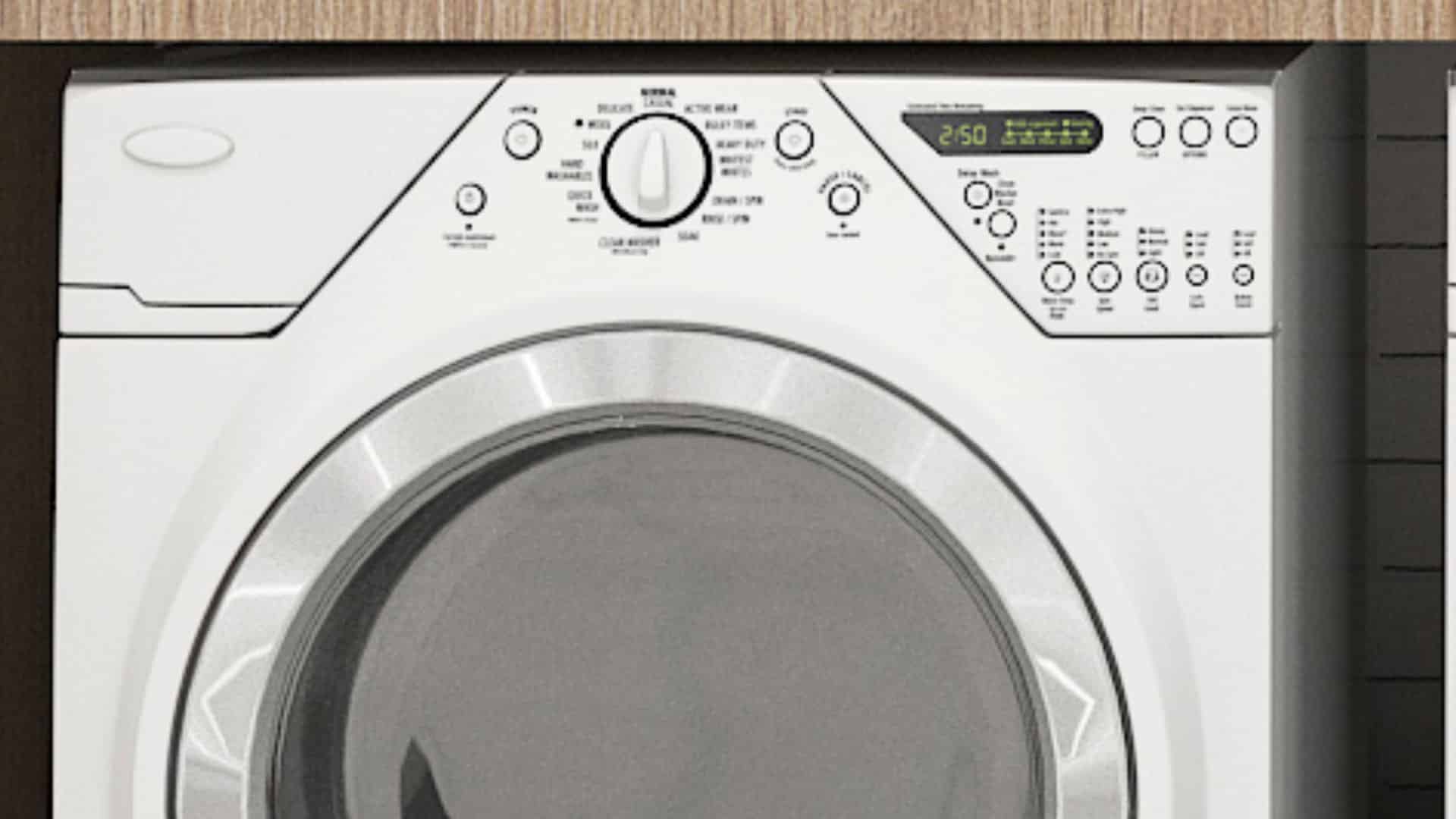Does your washing machine shake violently when it enters the spin cycle? Not only is this annoying, but it can knock over items stored on nearby shelves, sending them crashing to the ground below. Whether you own a top or front-loading washing machine, you should fix this problem to prevent damage to nearby objects, and to prevent further damage to your unit.
One of the first things you should do is check the leveling legs on your washing machine. If the legs aren’t even, the washing maching will have a greater amount of ‘wiggle’ room to move around during the spin cycle. Washing machines should only be used on a flat, even surface to reduce the chance of movement.
Most washing machines use either two or four threaded legs. Turning these legs should raise or lower them depending on the direction. It’s not a bad idea to place a leveling device on top of the washing machine so you can better gauge the appropriate height for the threaded legs. In addition, check the rubber padding underneath the legs to ensure they aren’t completely worn down (you can replace them if necessary).
Washing machines are designed with struts attached to the frame to absorb this movement, but it’s not uncommon form them to lose their effectiveness over time. These struts may break, or otherwise weakened; thus, encouraging greater movement when the washing machine enters the spin cycle. A quick visual inspection of the interior components should reveal any problems associated with the shock-absorbing struts.
Another possible cause of a shaking washing machine is broken or damaged suspension springs. These springs are used to suspend the basket from the frame. If they are broken or damaged, however, the washing machine may shake violently when it enters the spin cycle.
Assuming you have a front-loading washing machine (recommended for energy-efficiency), you can access the suspension springs through the top panel. If the springs are stretched, uncoiled, or showing other signs of visible damage, there’s a good chance this is what’s causing your washing machine to shake.
Overloading a washing machine with an excess amount of clothes and garments may also lead to shaking. I know most people are eager to wash their clothes in the fewest loads possible, but overloading a washing machine can lead to serious damage. Only fill your machine with the amount of clothes recommended by the manufacturer.
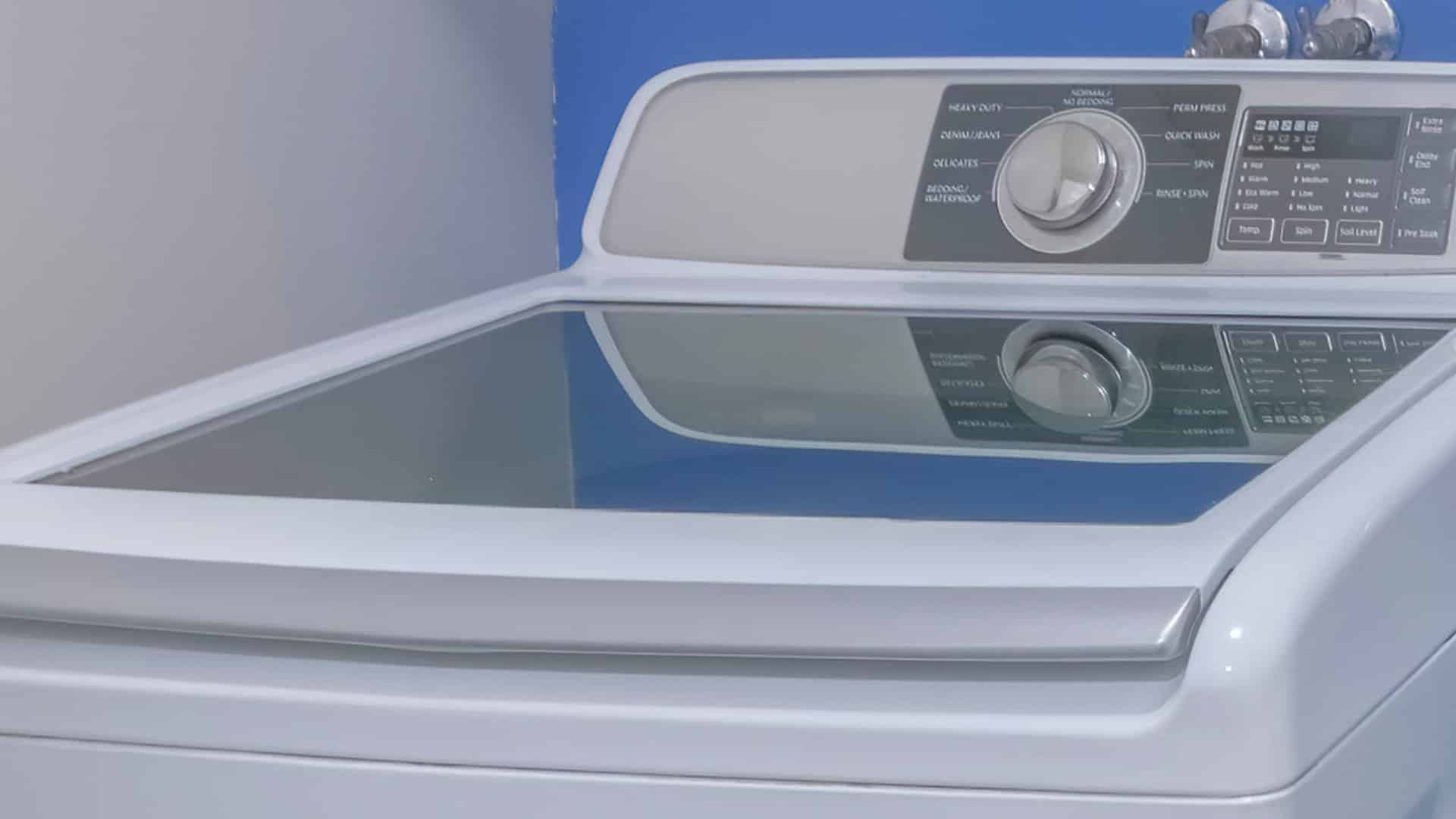
How to Fix the nF Error Code on a Samsung Washer
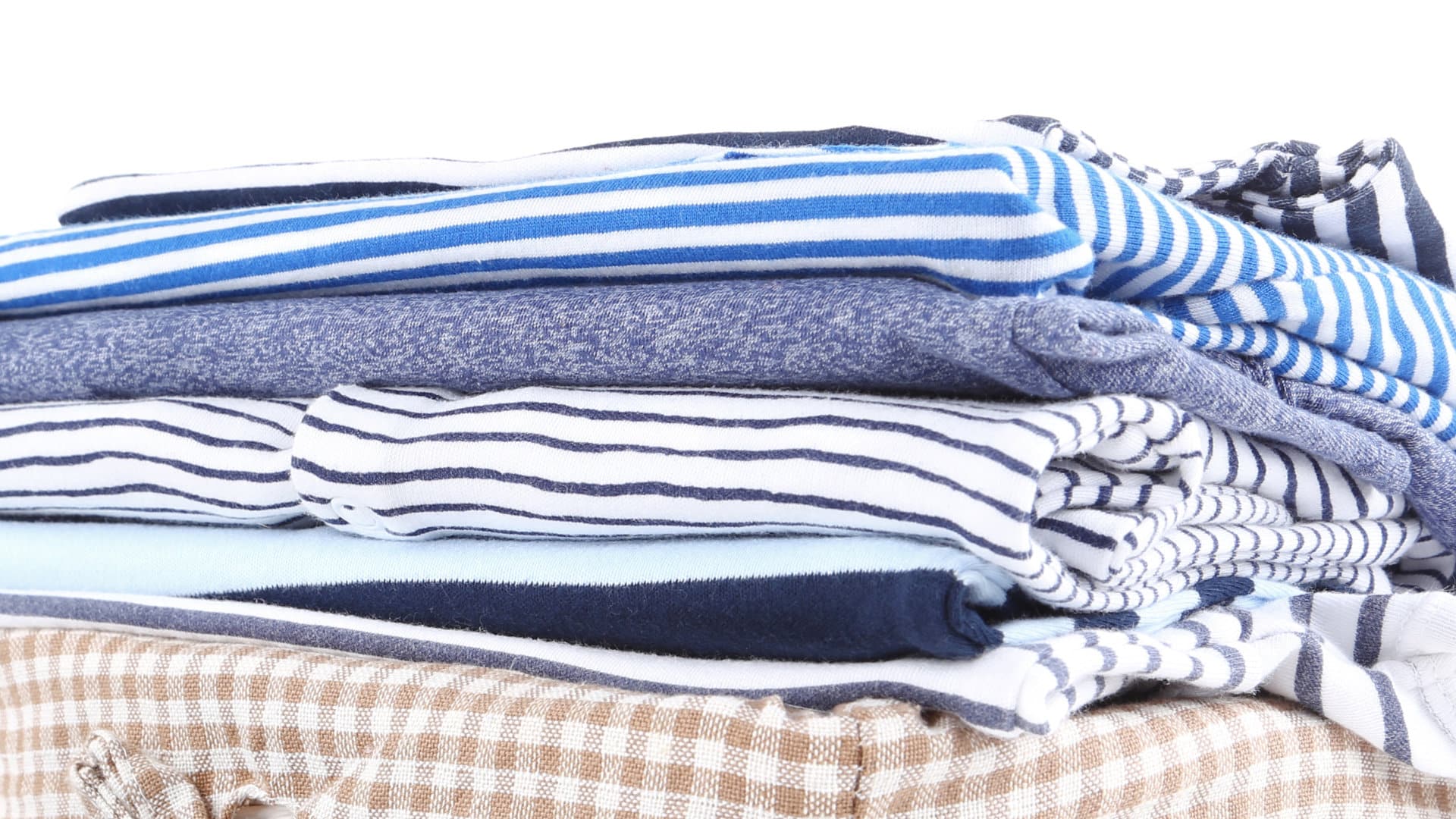
Kenmore Elite Dryer Issues: How To Troubleshoot
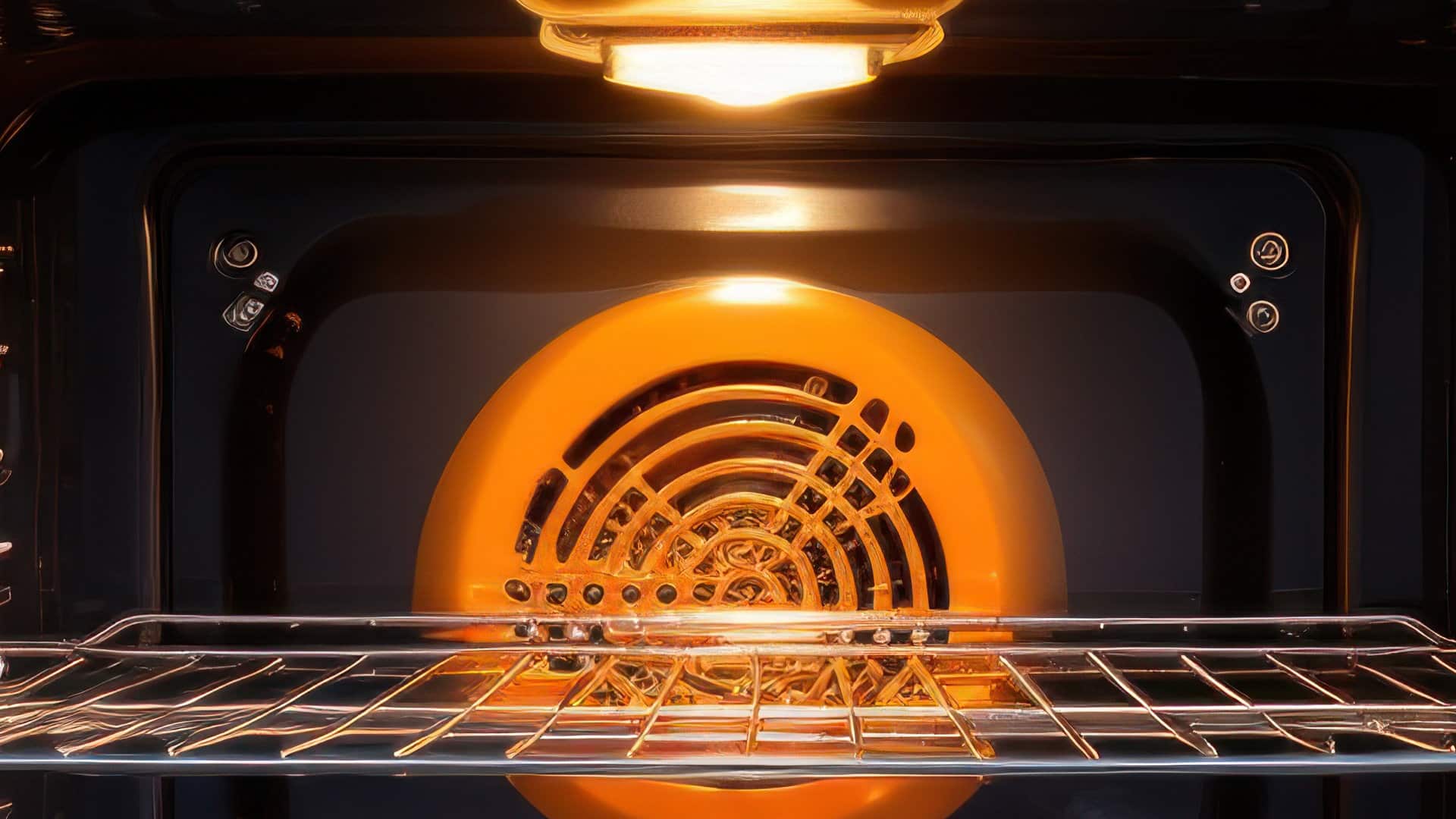
Microwave vs. Oven: Pros and Cons and How They Differ
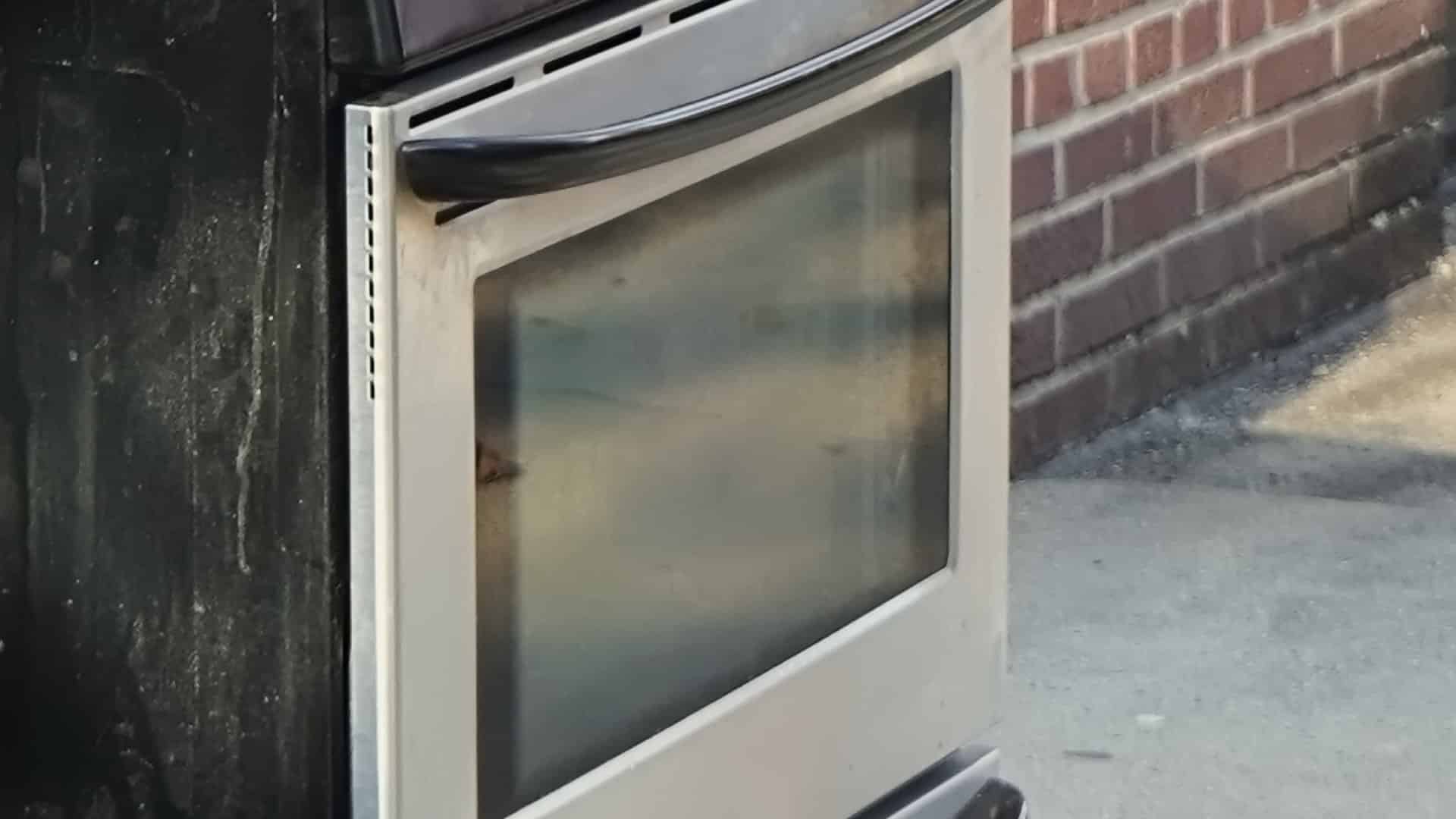
Self-Cleaning Oven Smell: Causes & Odor Reduction Tips

Frigidaire Ice Maker Not Working? 7 Ways to Fix It
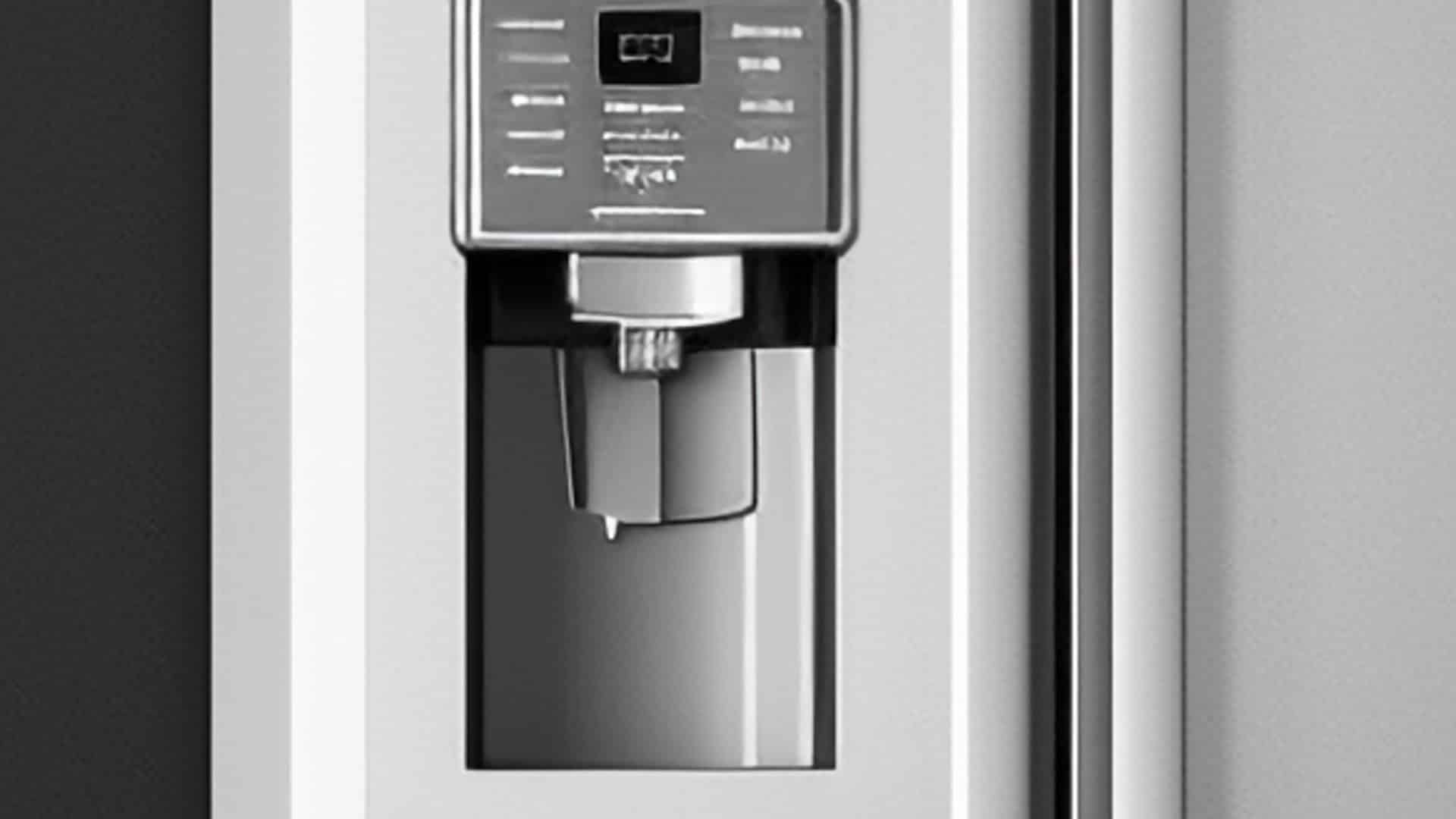
Why Is Your LG Refrigerator Not Cooling? (9 Common Reasons)
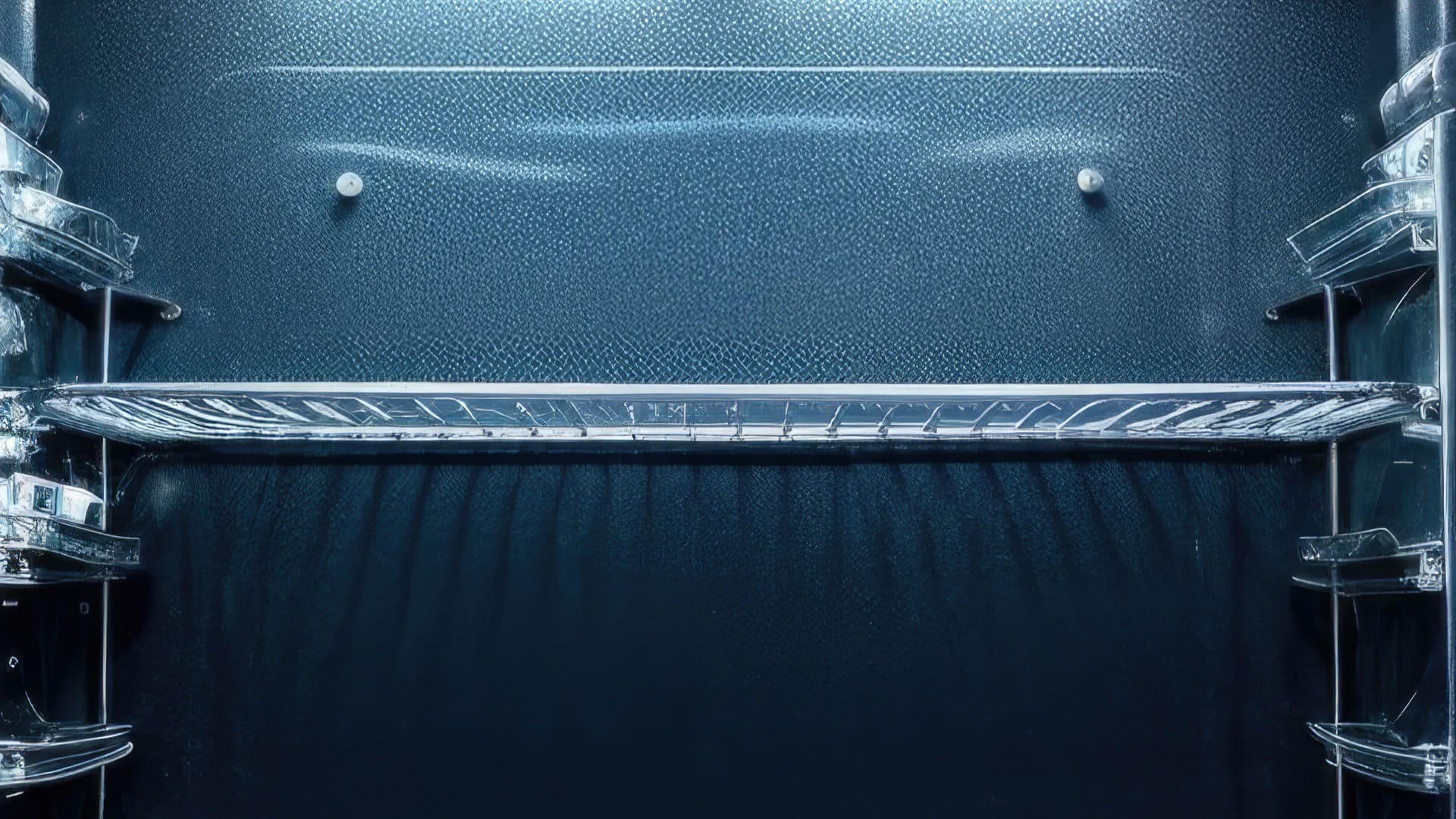
GE Oven F2 Error: Causes & Solutions
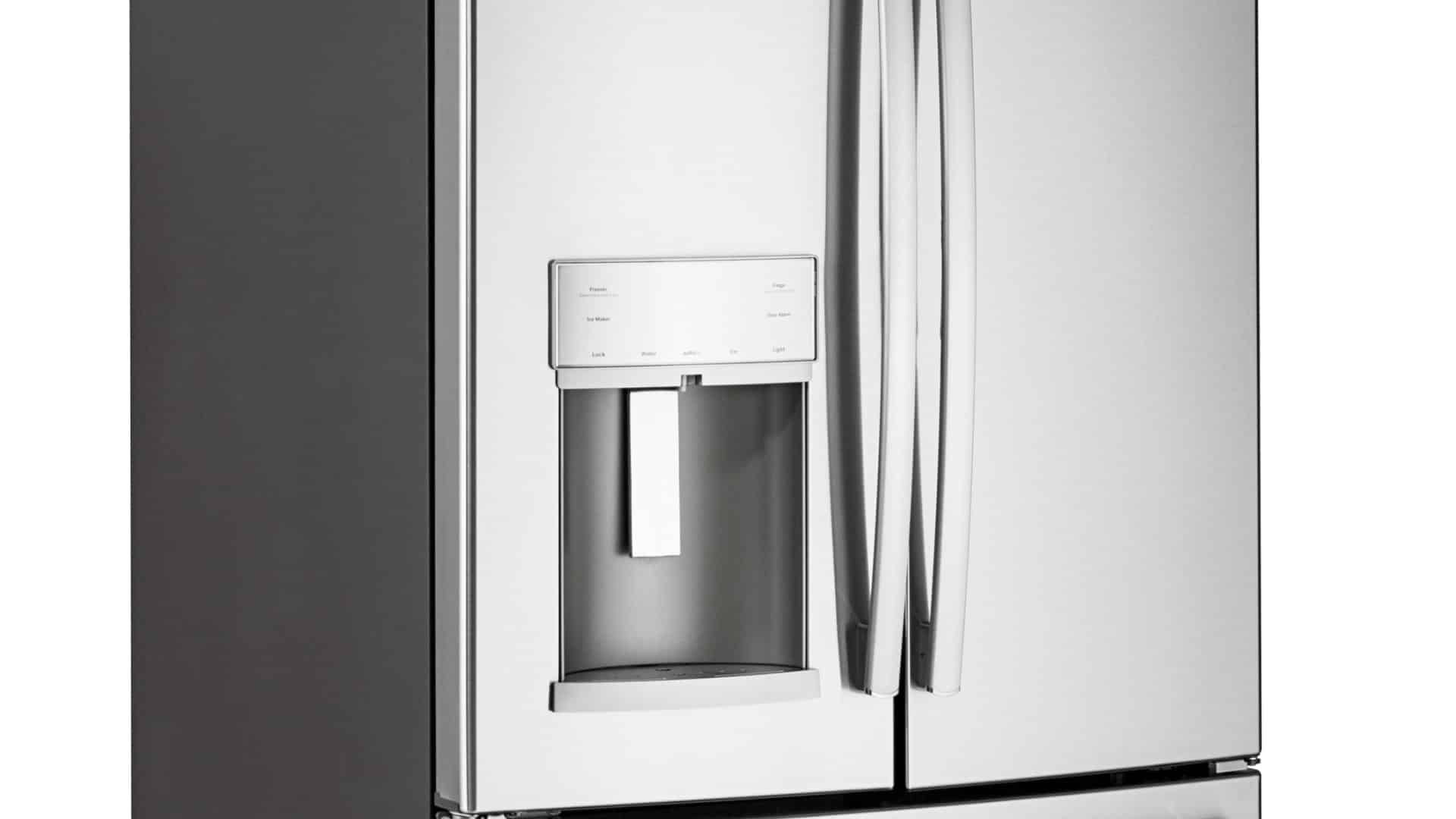
How to Reset the Water Filter Light on a Samsung Refrigerator

Maytag Washer Showing F5 Error Code? Here’s What To Do
